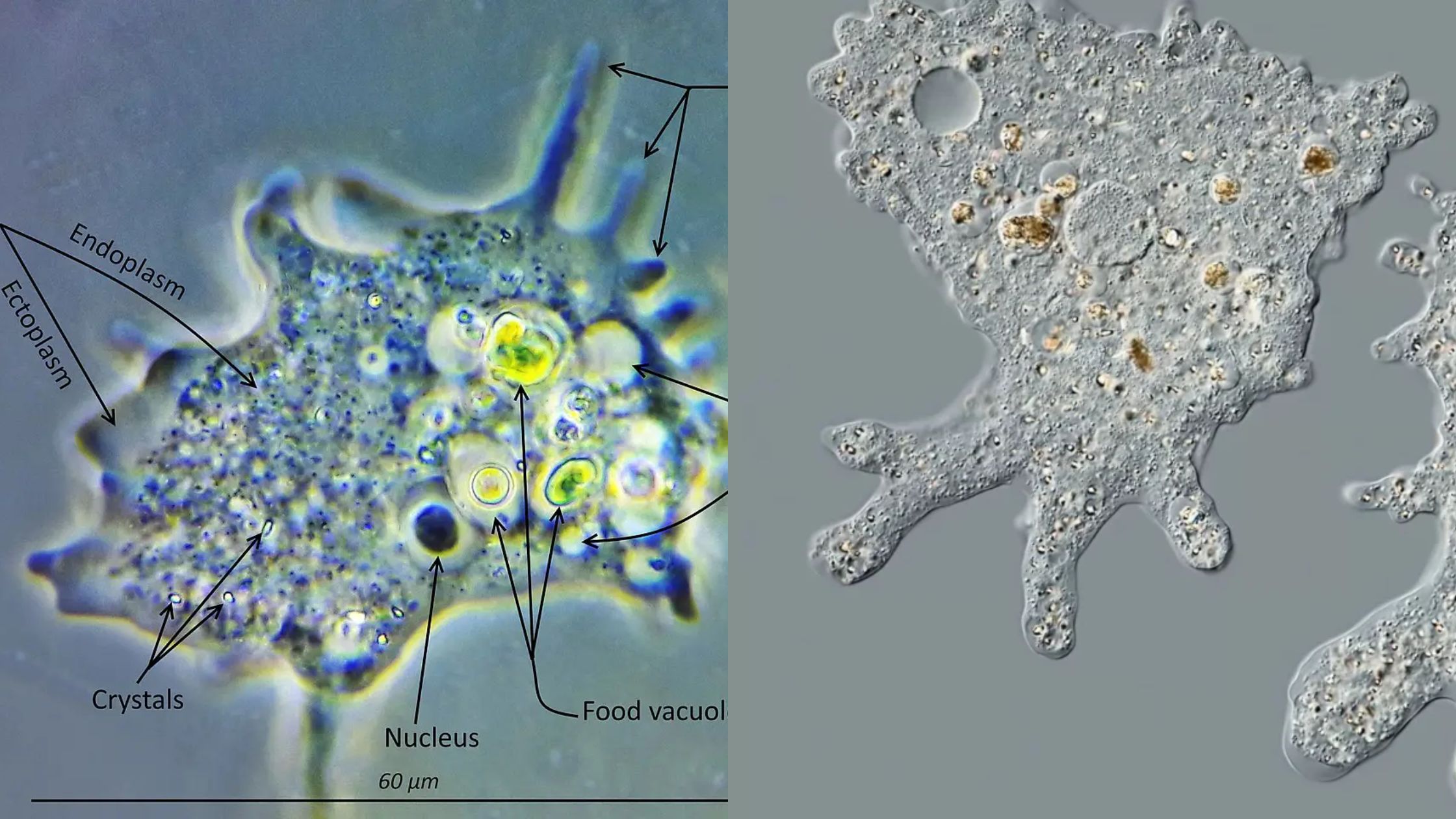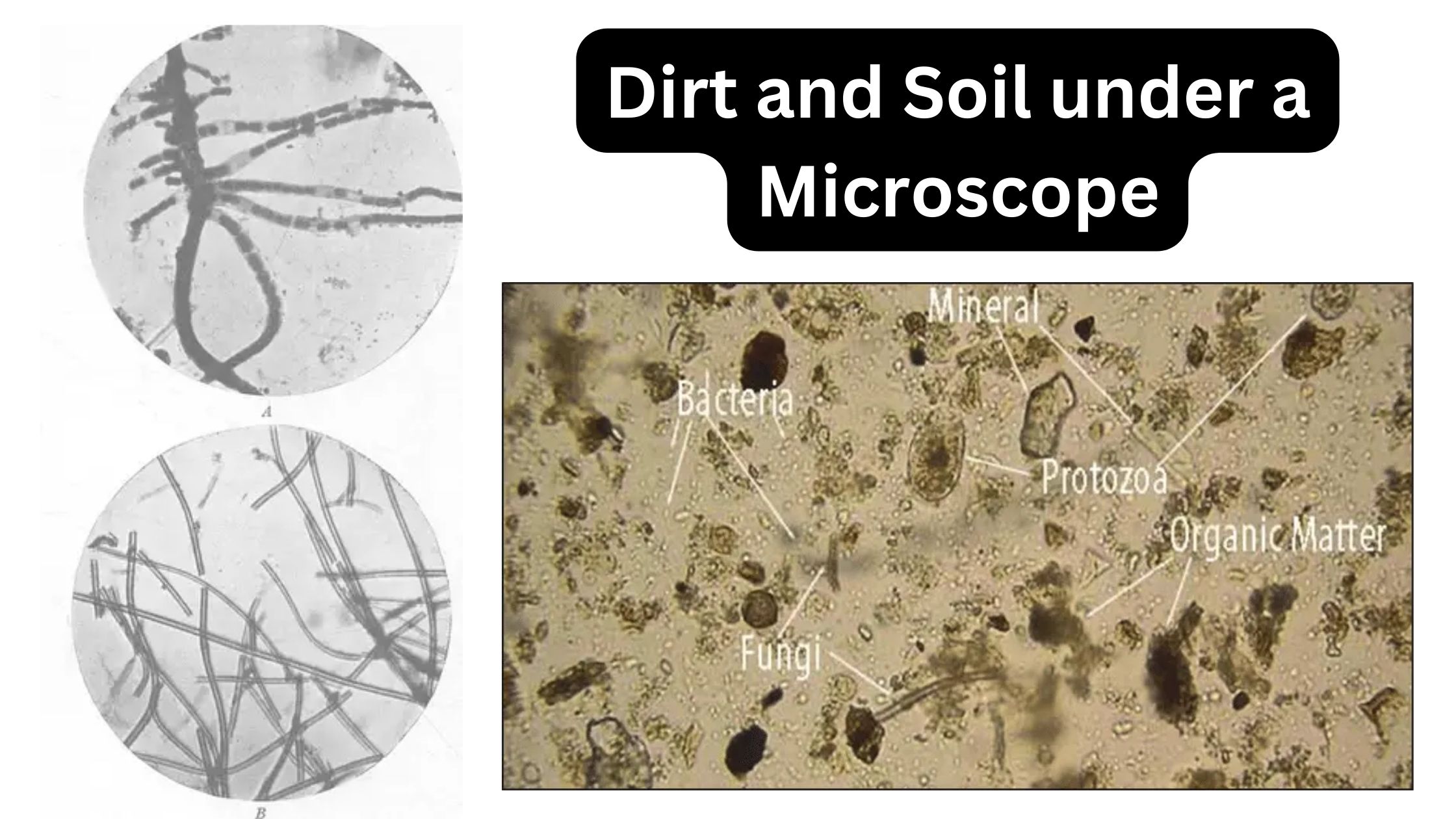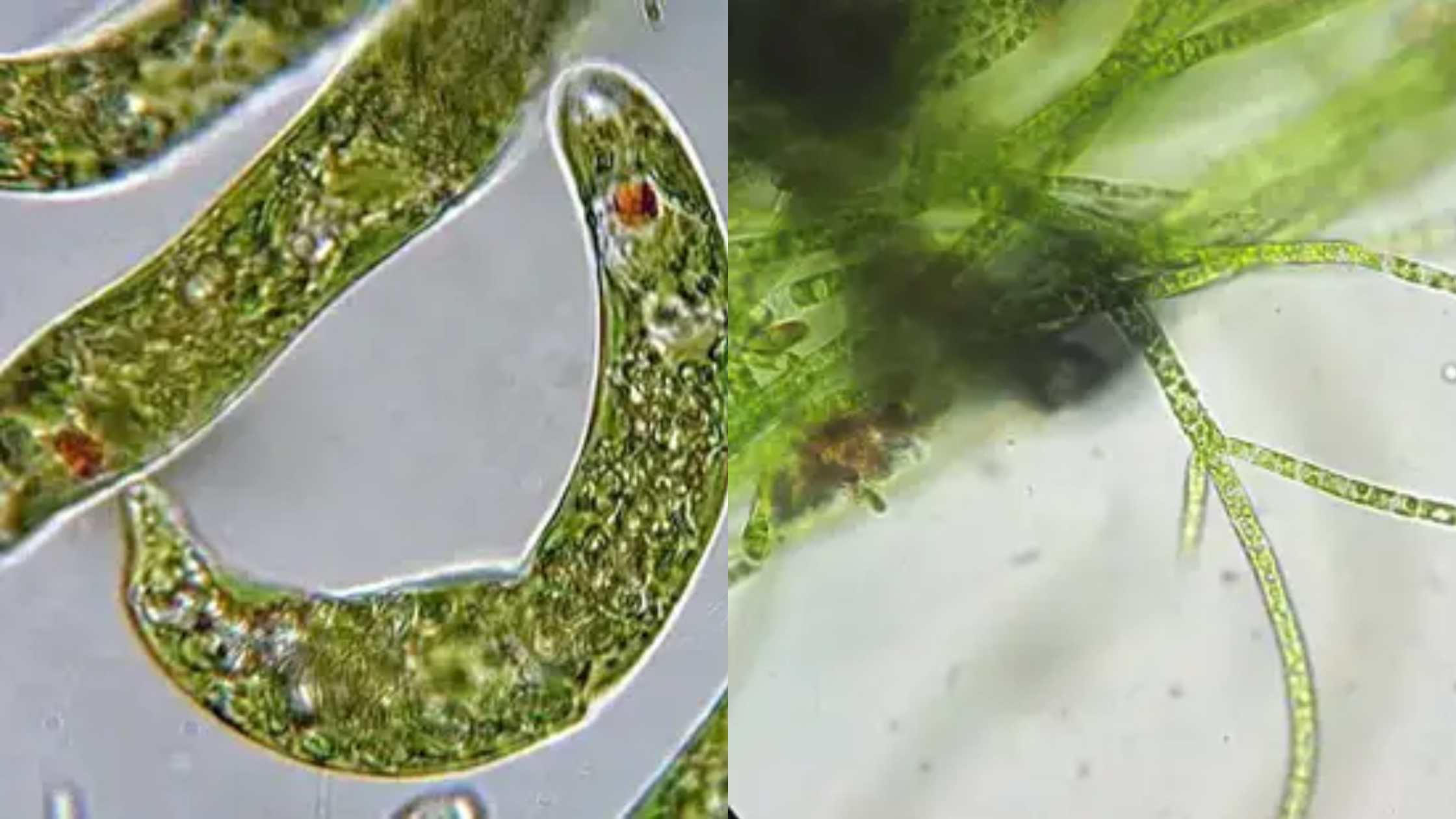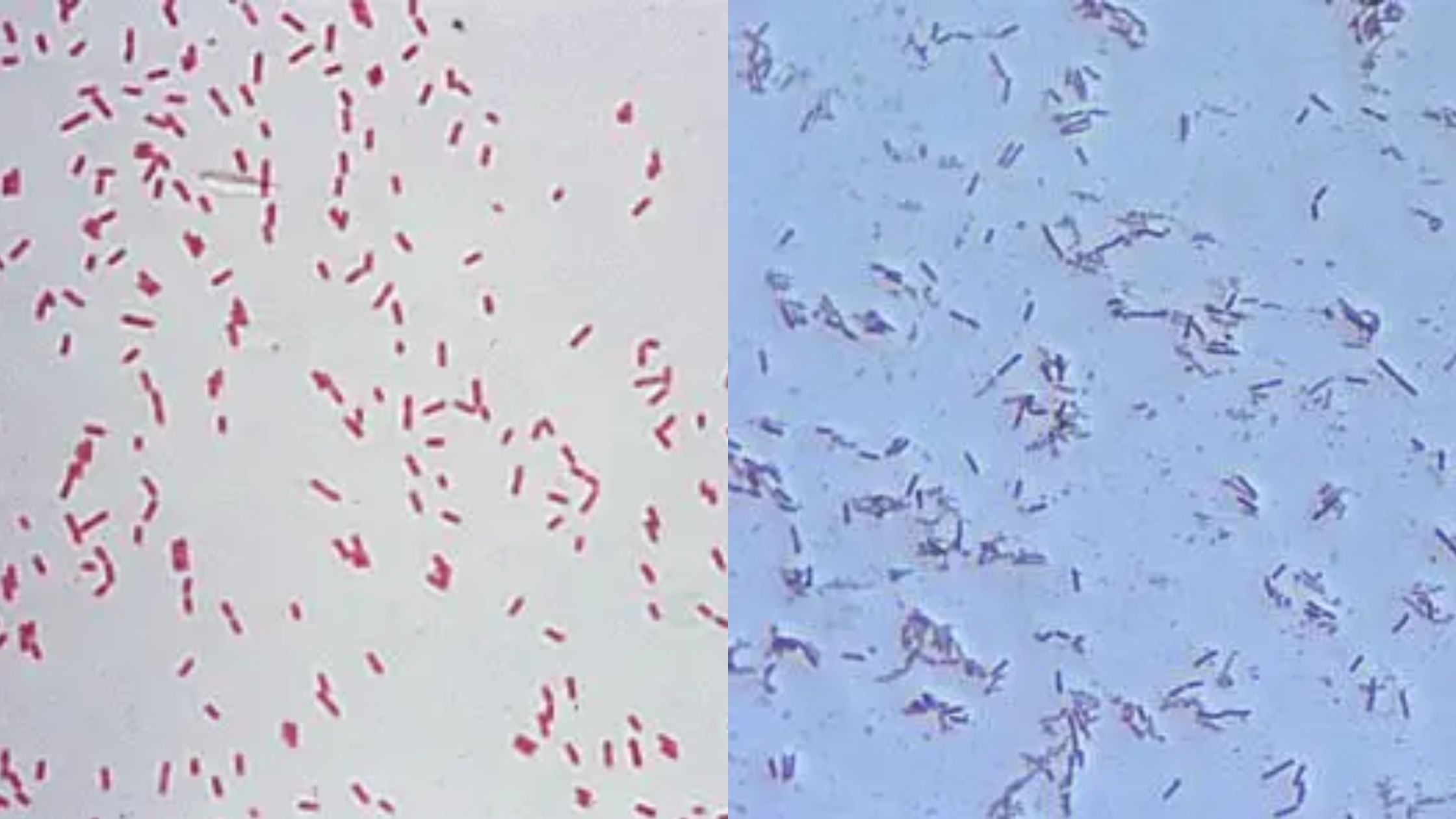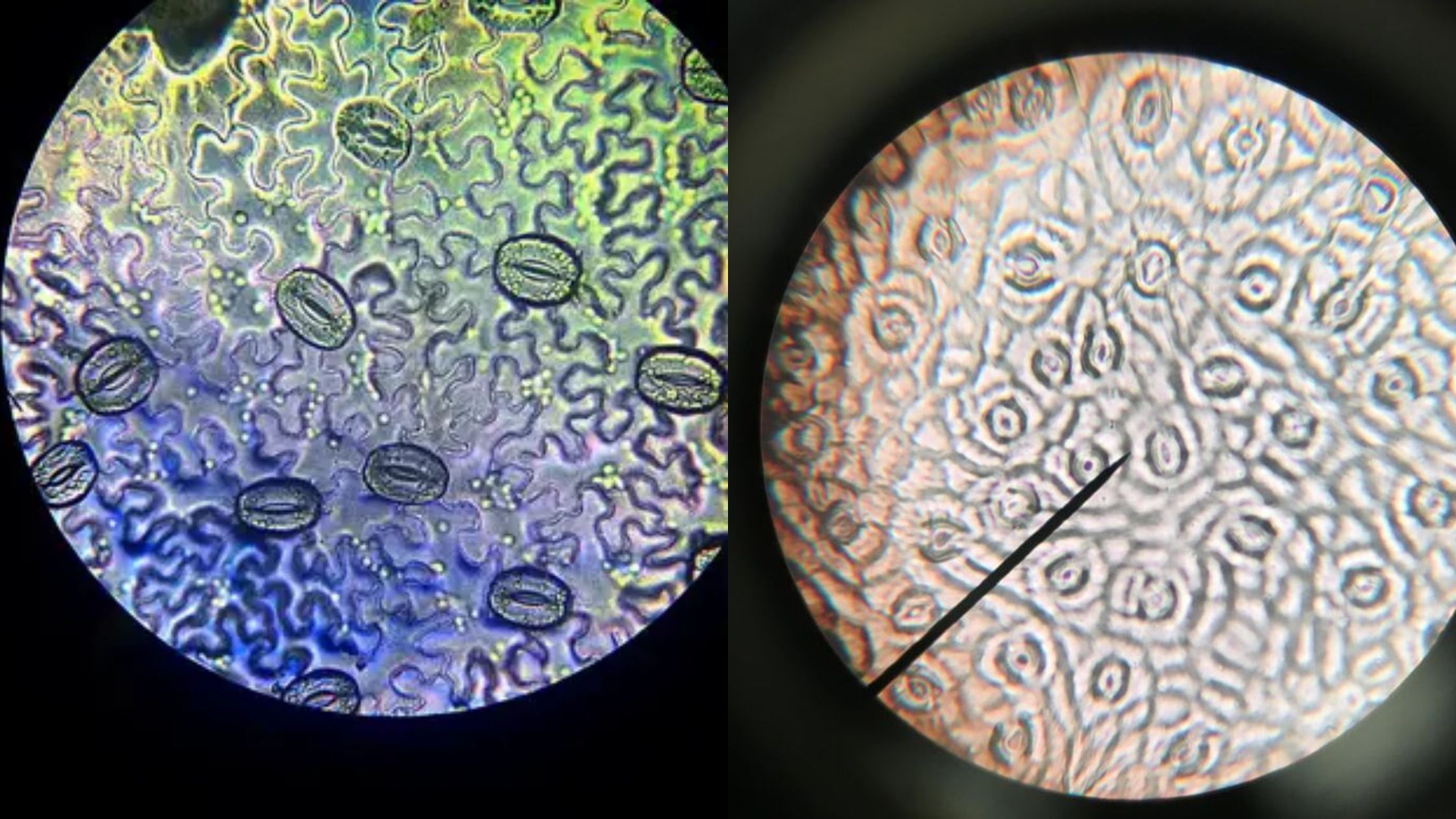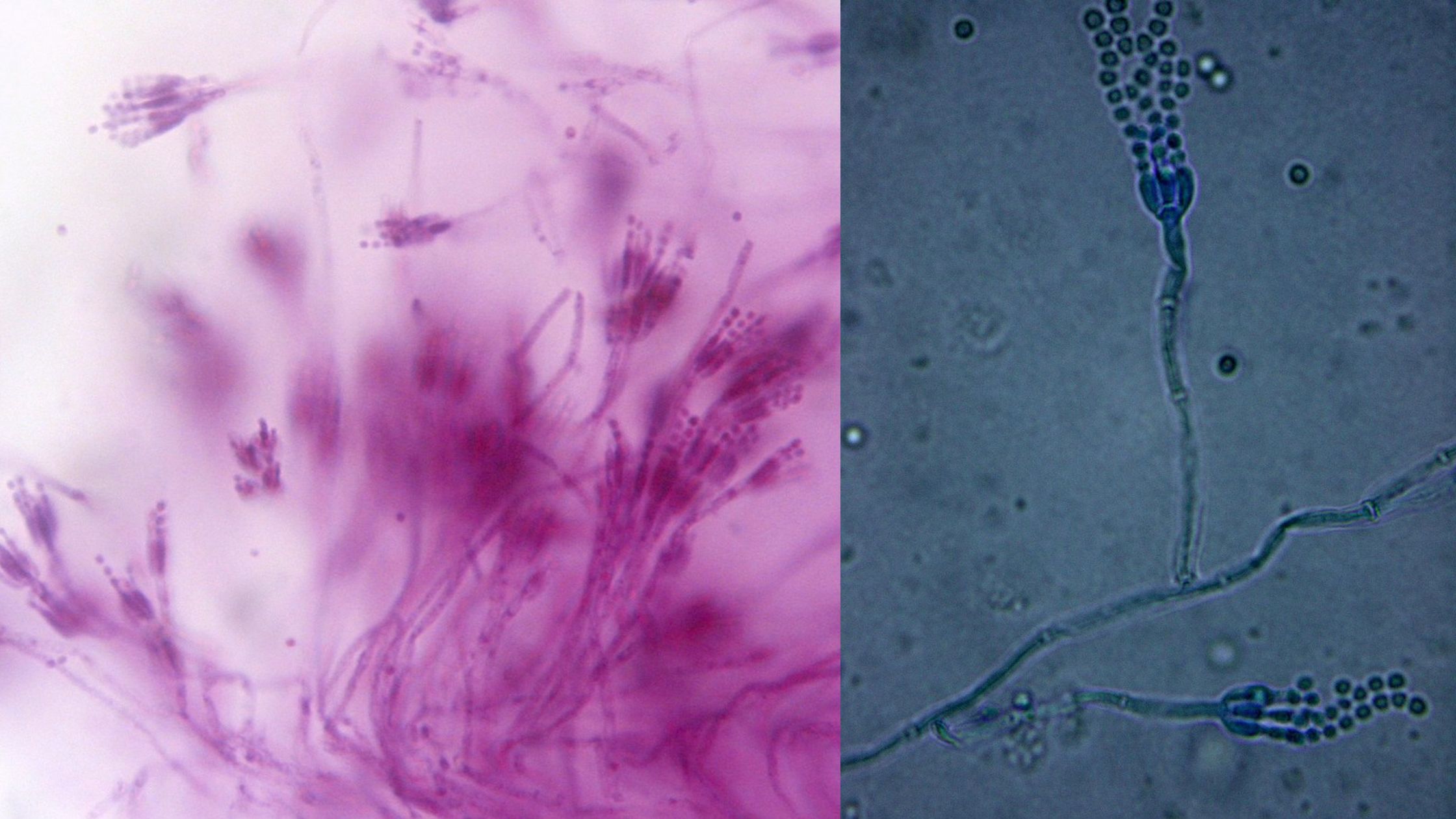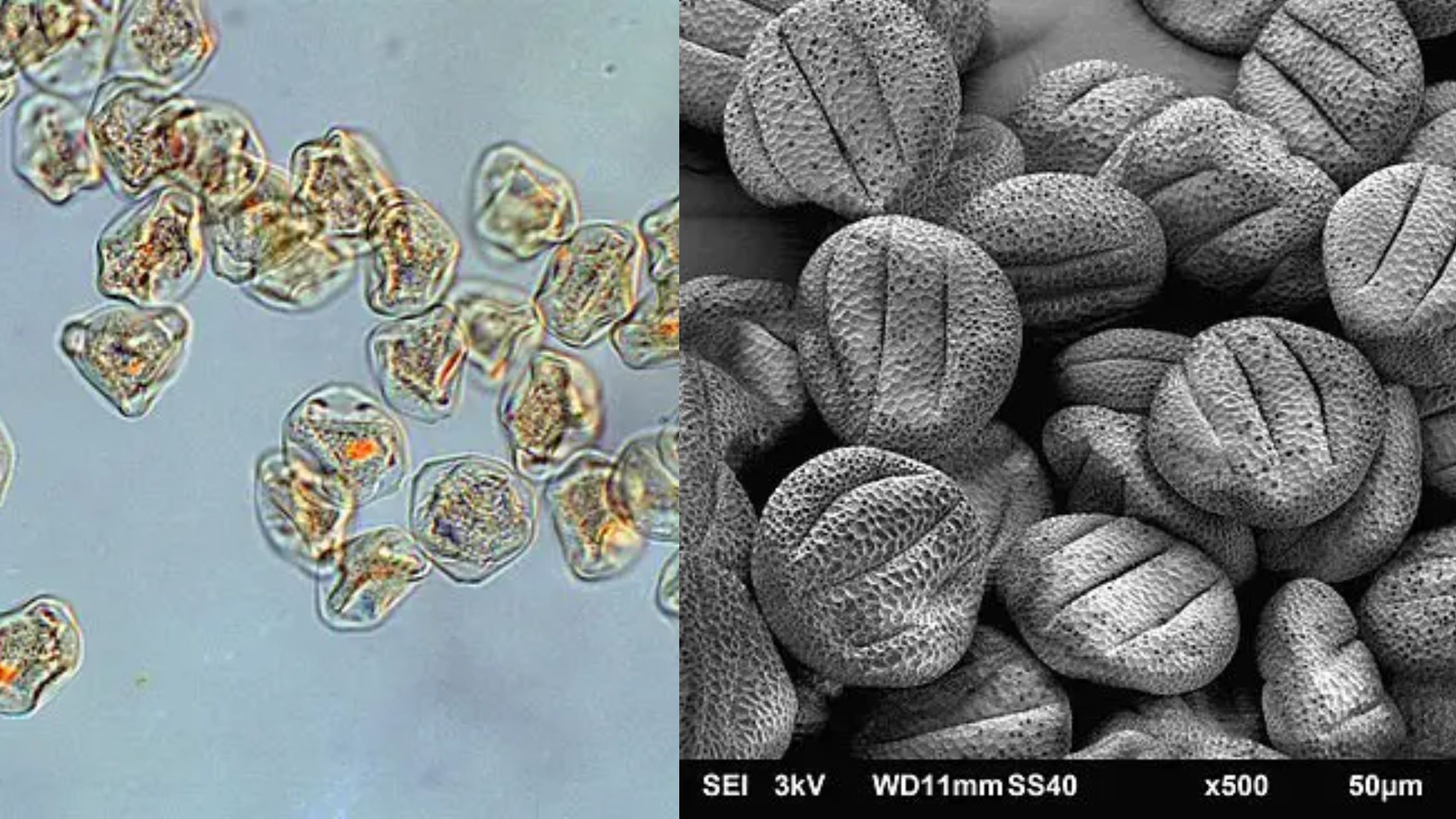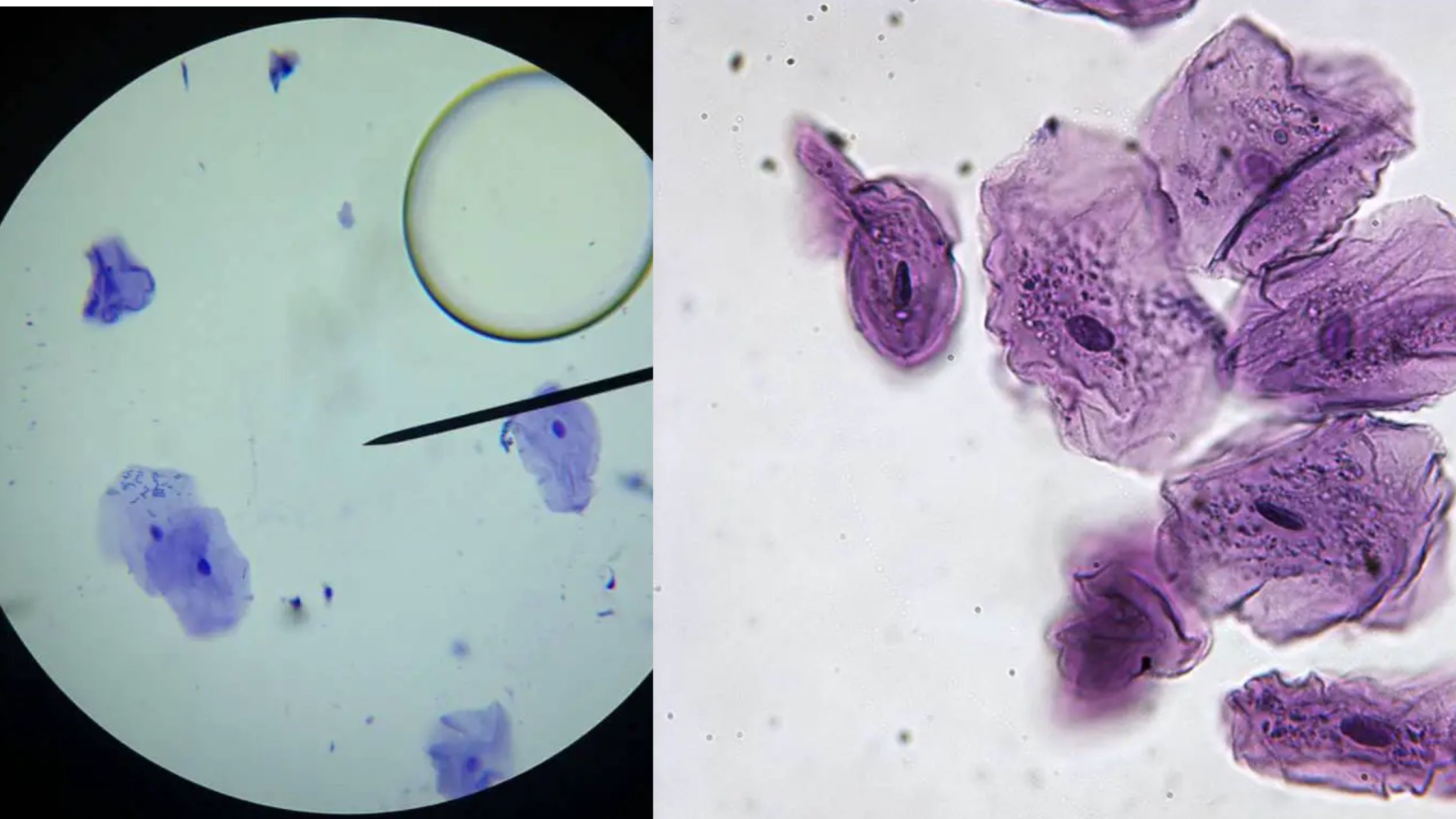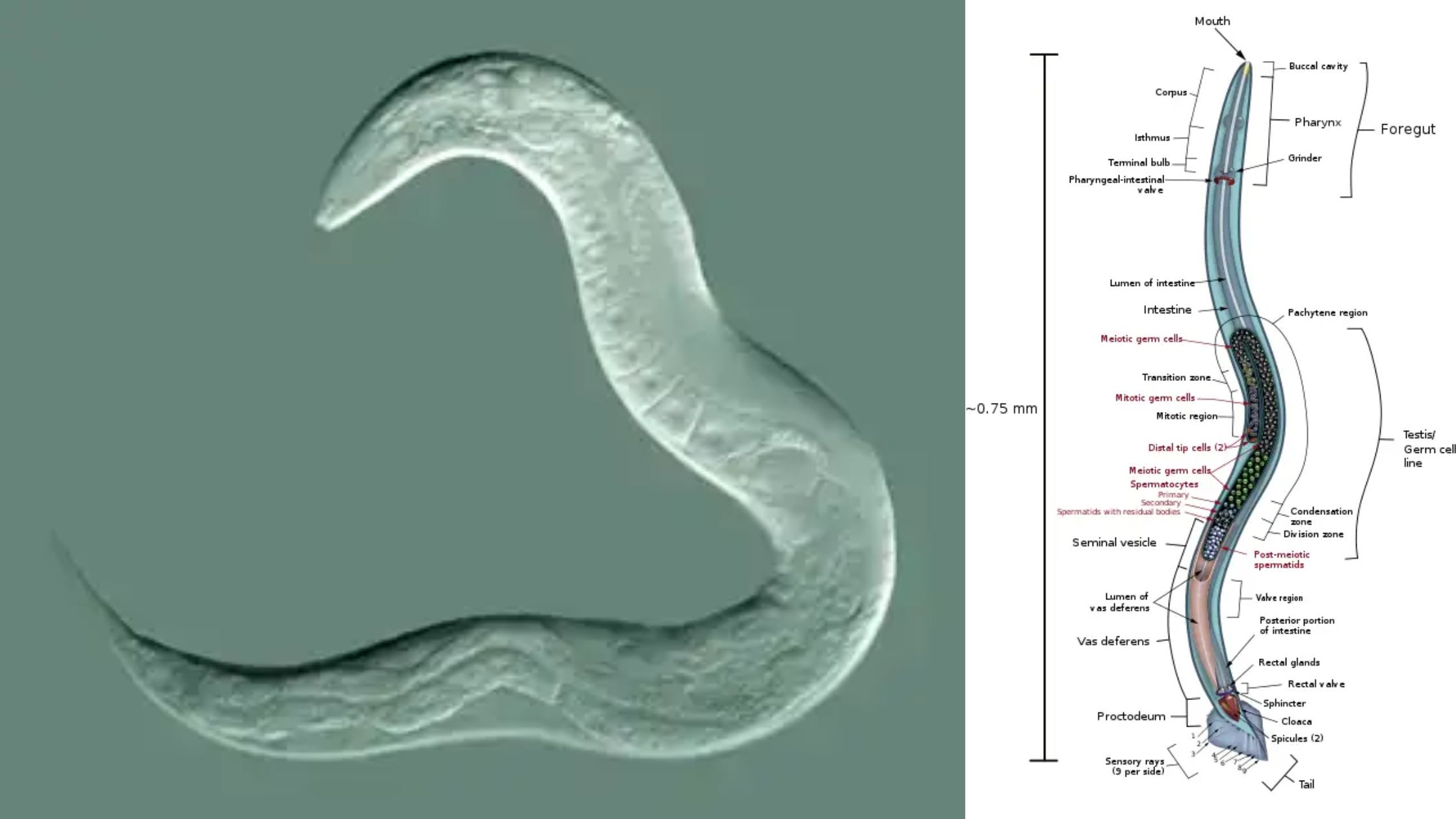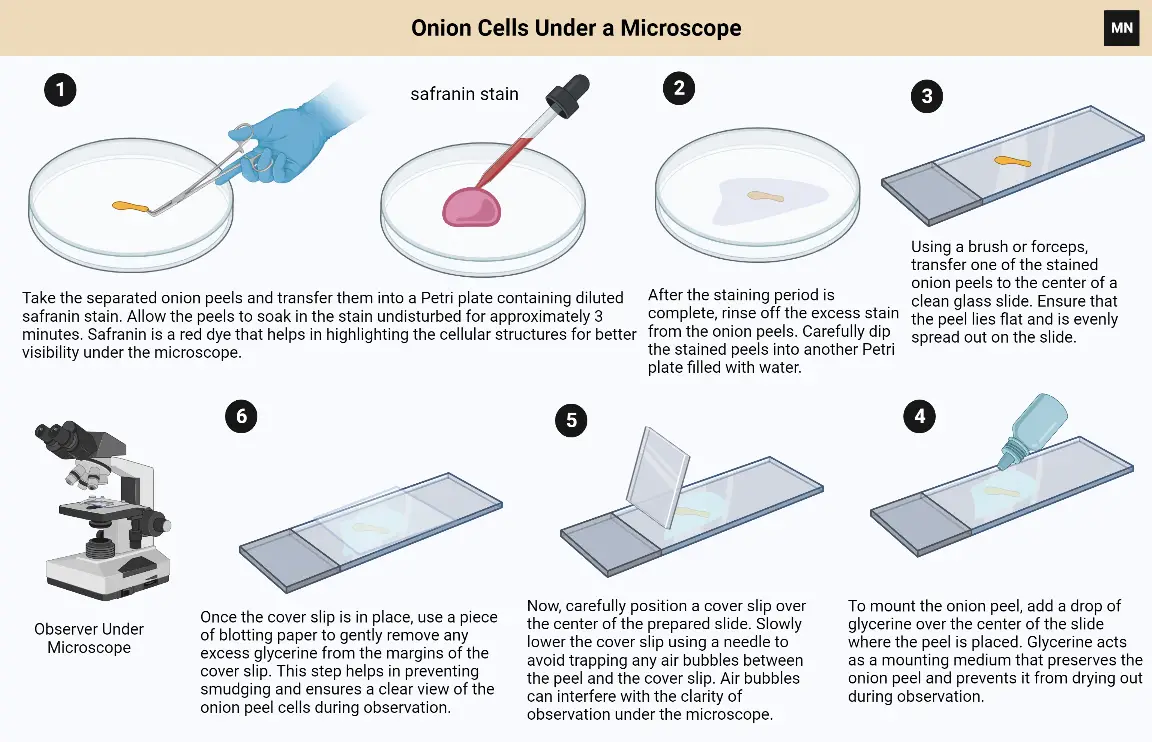Amoeba Under The Microscope
What is Amoeba? Amoeba of Structure Amoebas, as eukaryotic organisms, possess a cellular structure that sets them apart in the microscopic world. Under the microscope, the architectural marvels of these single-celled wonders come to life, particularly when observed after staining. Their eukaryotic nature is characterized by a well-defined cell membrane encompassing their cytoplasm, housing the … Read more
